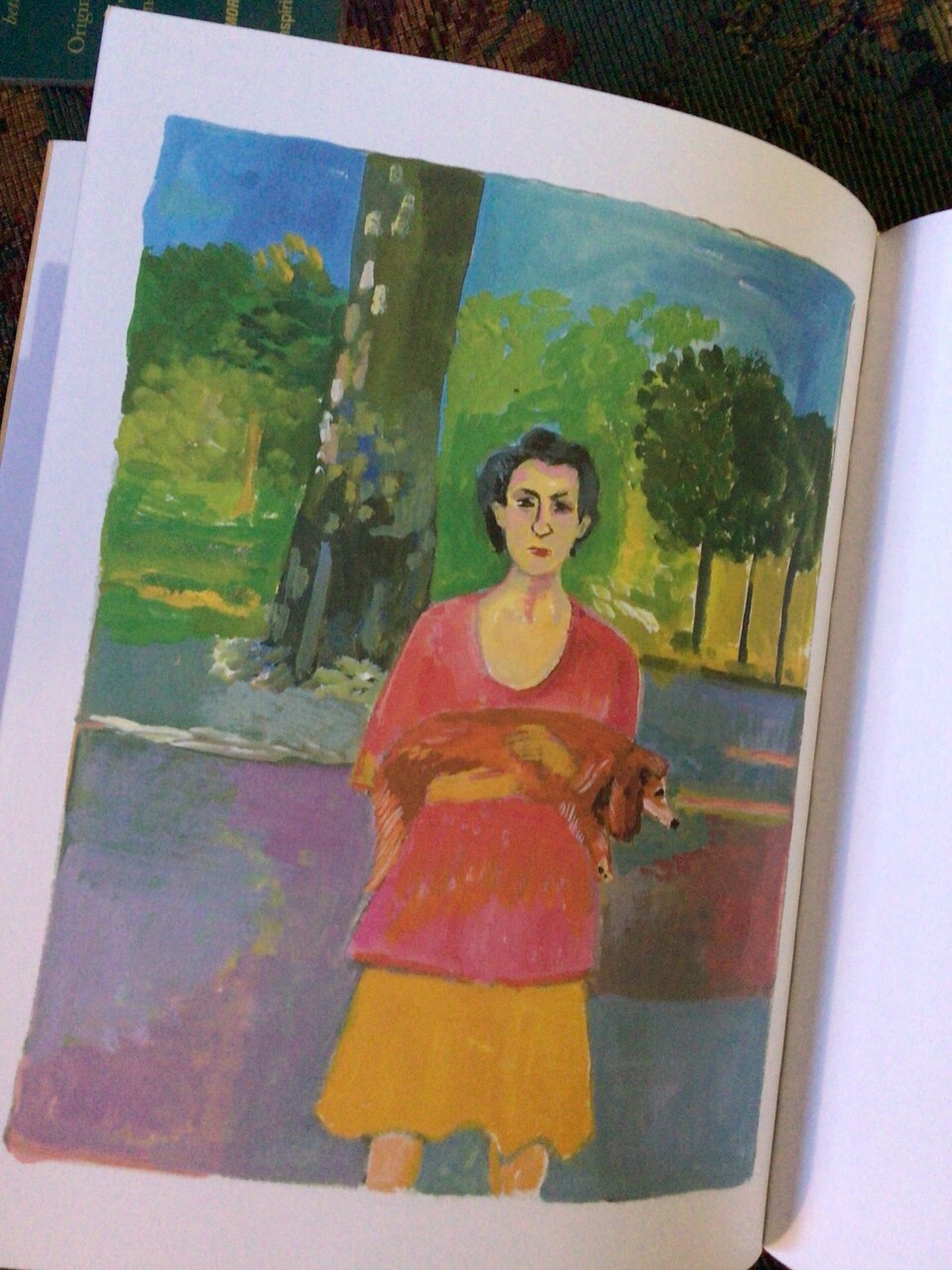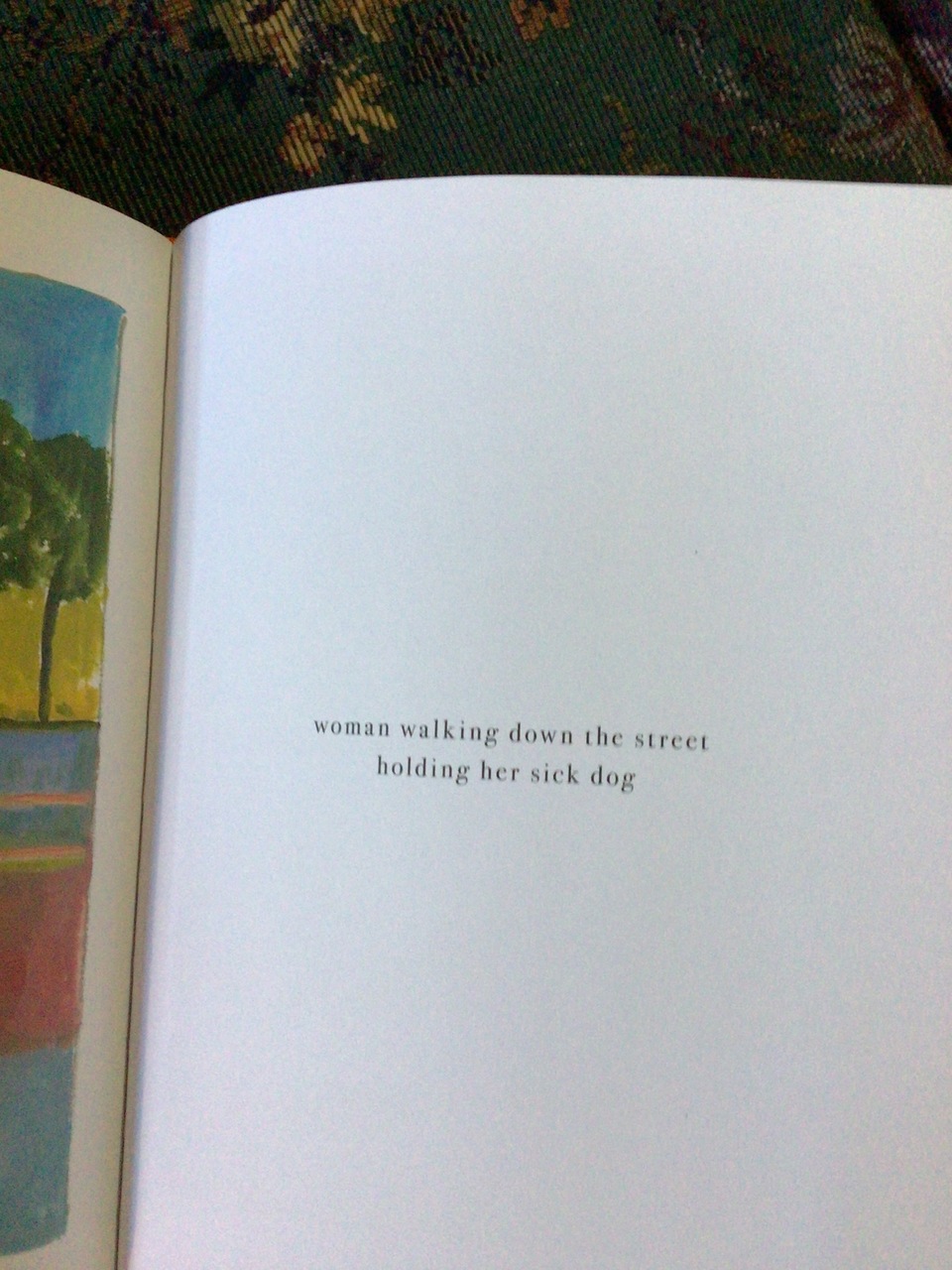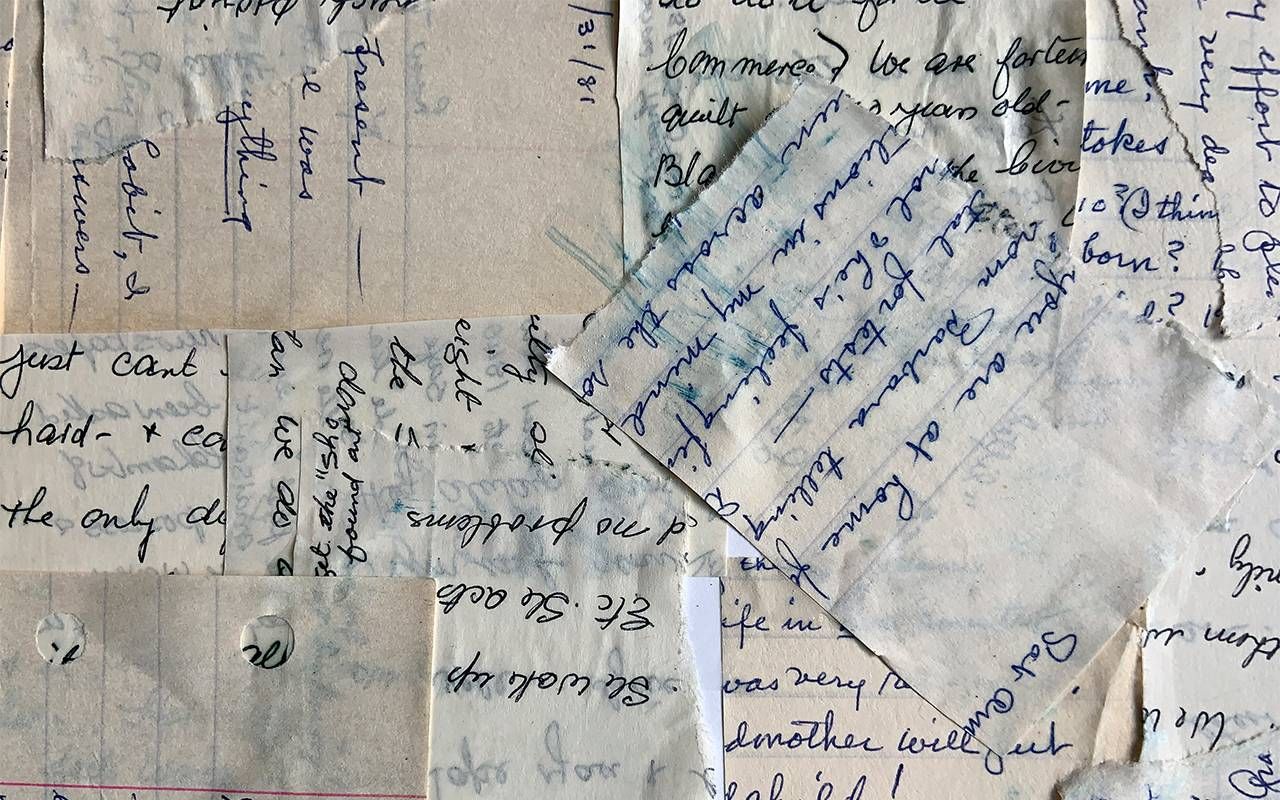James is the 22nd book I read by Percival Everett. When I was at book #18, I met the man when he spoke on a panel here in NYC where I live. I'd brought my copy of Erasure for him to sign. I'd chosen carefully—the newest looking of his books on my shelf. I wanted to present him with something pristine.
After the panel discussion, I crept out of the audience, around the circle of panelists' chairs, and, like a teenager with crush, smelling my own sweat, I said, "Mr. Everett, would you sign my book?" He couldn't have been more affable. And as he wrote, I blurted, "I've read 18 of your books." "Oh, so you're the one!" he joked, a line I sensed he used a lot to those of us in what was then a small cult of fans. Undeterred, I further blurted, "When I first discovered your work, I felt like my head exploded."
He smiled kindly and handed me my paperback, fully aware that I was as in love with him as a reader can be from only an author's books, and I didn't know what to do with the feelings.
Every one of Everett's books is different, but having read so many, I feel like all of them have led to James. James is far more accessible than a lot of his other books, and it is perfectly timed to convey his essence to the huge audience he has "suddenly" evoked due to a movie based on Erasure that he had virtually nothing to do with. (I have not seen it because I like the edge in his books, his anger, his uncompromising intellect—even when it is over my head—and his refusal to mitigate any of it with anything that would make his work more accessible, and I've heard that the movie softens all that.)
What is Percival Everett's essence?
For me, it is the thing that made my head explode on first contact: he is absolutely himself. He refuses to fit into any box, under any label designed by someone else. There is loneliness to this kind of a life. A loneliness that can become a choice because at some point you know that nobody—or very few people—will see you as you know yourself to be. (He writes about this in not only Erasure, but in I Am Not Sidney Poitier, Dr. No, God's Country, and many of his short stories.)
In James, he has parsed this out for the masses, using Mark Twain's Huckleberry Finn as a launch pad.
Why this book now?
Because it's legal—The Adventures of Huckleberry Finn, written in 1884, is now in the public domain. But more importantly, perhaps because the masses are now open to hearing that Black people are and always have been individual people with individual thoughts, ideas, and peculiarities just like all human beings.
This sounds obvious, but in our country it is anything but—proved by the stereotypes that make Black men "dangerous" and all the other notions that weave through our culture.
As in many of Everett's books, James disarms us with humor. There are the fools, the clowns whose cruelty is matched only by their idiocy. As in one of my favorite of Everett's short stories, "The Appropriation of Cultures" (in his anthology Damned If I Do), there are ingenious absurd yet logically-obvious-except-nobody-has-thought- of-them plot twists. There is the unpredictable picaresque journey (I Am Not Sidney Poitier, Dr. No). And there is also an undertow of "yearning to be seen and known." (I wrote about how subversive this is in the book-within-the-book of Erasure; I have no idea if Everett would agree with my take, but it's what I felt.) This is what gives Everett's books a subliminal heartbeat . . . and it hurts—in a good way.
New in this book, although there are aspects of it in other books, is the utter exhaustion of the code-switching Black people have learned by necessity by the time they have social interactions. And, here, that is married to the exhaustion of living in a slave culture of "duplicity, dishonesty or perfidy (195)" where you can't tell who is telling the truth or who might act like an ally but turn out to be the worst kind of enemy. But because of Everett's genius, reading James is never exhausting and always entertaining.
And for me, the newest aspect of this book is a full pulsing catharsis—set up by the ending of his remarkable God's Country in 1994, delivered in an almost mythical form in 2021 in Trees, and finally, in James, experienced through the heart of a man who loves his wife and young daughter, who loves the son who didn't know him as a father, and loves life enough to fight for it.
Oh, my heart!















